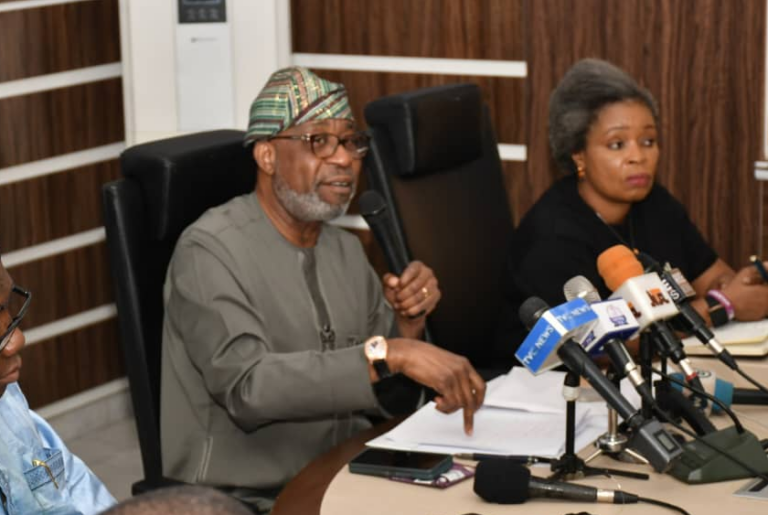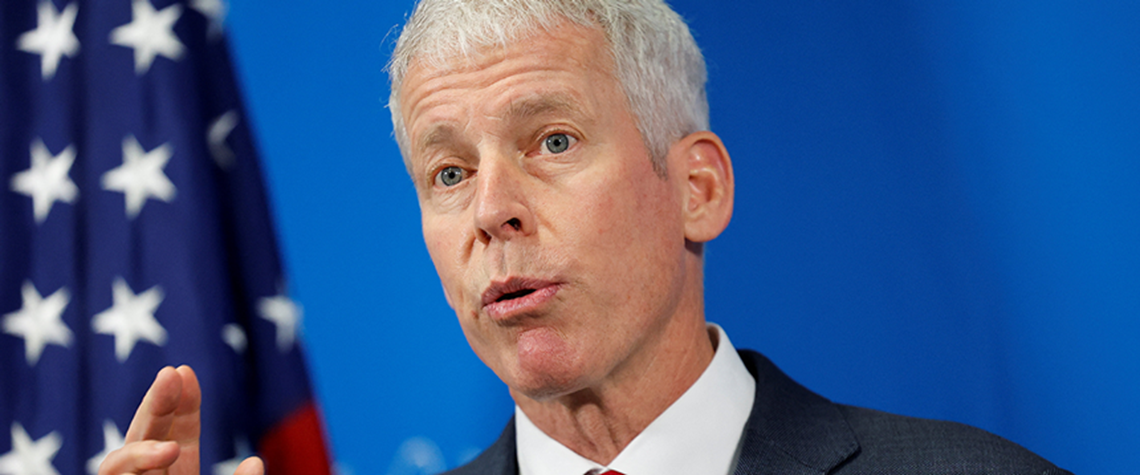By Energy Worth
The House of Representatives on Wednesday, asked the Federal Government to suspend its planned sale of the Nigerian Liquefied Natural Gas Limited.
It described the NLNG as one of the most successful and lucrative investments of the government, which should be left to run as a major public asset.
Nigeria has 45 per cent stake in the NLNG, which the government is proposing to divest.
The session, which was presided over by the Speaker, Mr. Yakubu Dogara, also resolved to investigate the government’s move.
A motion moved by a member, Honourable. Randolph Oruene-Brown, drew lawmakers’ attention to the report of the 2016 ministerial retreat, where the government proposed to generate between $10bn and $15bn (about N4.7tn) to inject into the country’s economy.
He recalled that to achieve the objective, the government had announced that it would put up key assets for sale, including its stake in the NLNG.
He stated that the government was about to execute the recommendations of the retreat.
Oruene-Brown said, “(The House is) aware that the Minister of Budget and National Planning, Udoma Udo Udoma, stated that one of the ways to fund the plan would be through the sale of some national assets and the proceeds reinvested in the economy to raise the needed capital for infrastructural development.
“(The House is) also aware that the NLNG is one of the most successful ventures that Nigeria has embarked upon when it started from train one through to the sixth train, and now the seventh train in the offing.
“The House is worried that the Revenue Mobilisation Allocation and Fiscal Commission and the Nigeria Labour Congress, among other organisations, have seriously frowned on this move and warned the Federal Government against the proposed sale of national assets, especially the NLNG.
“(The House is) cognisant that resuscitating the Nigerian economy from recession is the actual reason for the proposed sale of the NLNG even though there are other options the government may adopt to resuscitate the economy.”
He added that one of the options was for the government to borrow on “long-term against the dividends in the NLNG, and convert its Joint Venture holdings in some multinational oil corporations into incorporated Joint Venture companies.”
The lawmaker also suggested that the government could encourage wealthy Nigerians, who could afford to buy the NLNG, to invest directly in the economy.”
In the alternative, the House noted that such wealthy Nigerians could take advantage of the huge reserves of natural gas in the country to set up their own private LNG.
The House endorsed the motion in a unanimous voice vote to halt the planned sale, pending the outcome of its investigation.
A separate resolution of the House directed the Central Bank of Nigeria to comply with the provisions of Section 50(1) of the Central Bank of Nigeria (Establishment) Act, 2004.
The section reads, “The bank shall, within two months after the close of each financial year, transmit to the National Assembly and the President a copy of its annual accounts certified by the auditor.”








